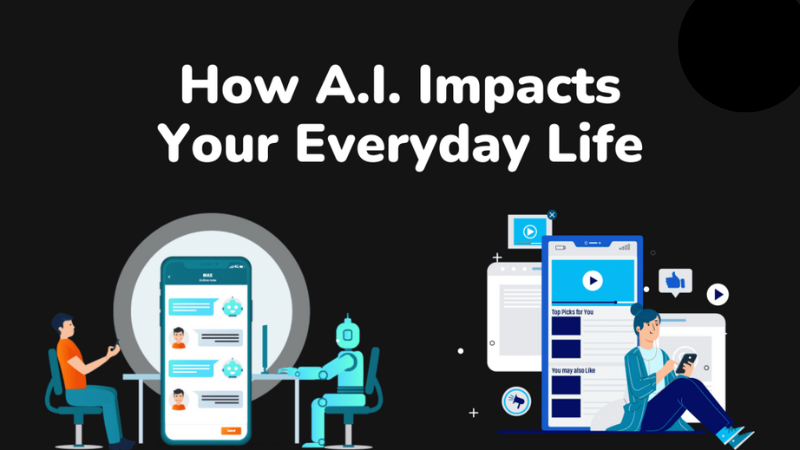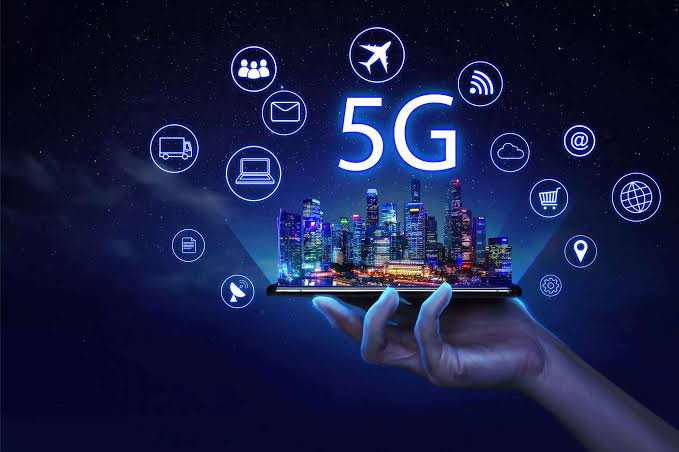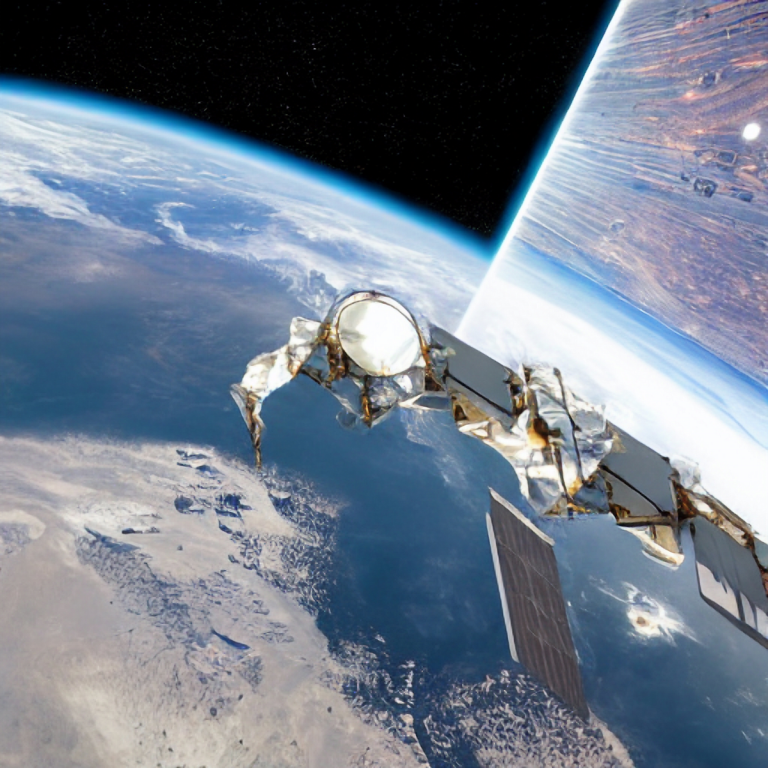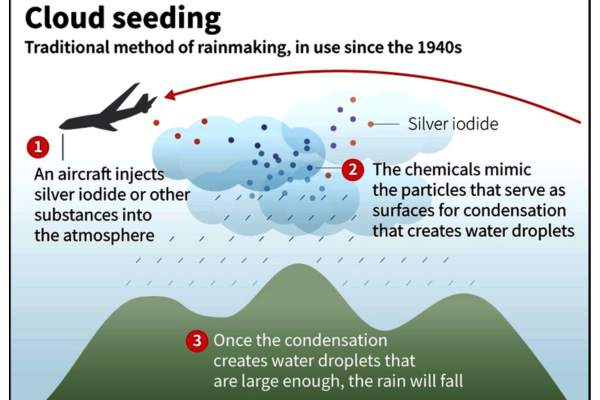Artificial Intelligence(AI) is not just a buzzword anymore; it’s a transformative force that is reshaping the way we live, work, and interact with the world. From the moment we wake up to the time we go to bed, it is increasingly becoming a ubiquitous presence, quietly working behind the scenes to enhance our daily experiences.
In the rapidly evolving landscape of technology, Artificial Intelligence stands as one of the most transformative innovations of our time. From reshaping industries to revolutionizing daily routines, it has permeated nearly every aspect of modern life, promising unprecedented convenience, efficiency, and possibilities. Its impact is profound and multifaceted, influencing how we work, communicate, and even perceive the world around us.
Imagine a world where your smartphone not only responds to your commands but anticipates your needs, where cars drive themselves, and where medical diagnoses are made with unparalleled accuracy. This is the promise —a technology that augments human capabilities, amplifying our potential and pushing the boundaries of what we once thought possible.
In this blog, we will delve deep into the myriad ways it is already enhancing our everyday lives. We will explore its applications across various sectors, from healthcare to finance, from entertainment to transportation. We will also confront the ethical implications and challenges that accompany its rapid adoption, ensuring a nuanced understanding of both the opportunities and responsibilities that come with integrating into society.
Join us on this journey as we unravel the impact in our lives, examining how it is reshaping our present and defining our future. Together, we will navigate the complexities of this transformative technology and explore the endless possibilities it holds for individuals, businesses, and society as a whole. Welcome to the revolution—where innovation meets humanity in ways that are both awe-inspiring and thought-provoking.
Table of Contents
AI in Daily Tasks

Imagine waking up to an alarm that adjusts itself based on your sleep patterns, thanks to algorithms analyzing your sleep cycle. As you start your day, it might recommend the most efficient route to work based on real-time traffic data, optimizing your commute. At work, powered tools like email filters and scheduling assistants streamline your tasks, saving time and improving productivity.
AI in Healthcare

In healthcare, it is revolutionizing diagnostics and treatment. Advanced algorithms can analyze medical images such as X-rays and MRIs with accuracy rivaling that of human experts, helping doctors make faster and more precise diagnoses. Personalized medicine, where treatments are tailored to individual genetic profiles, is becoming a reality due to the ability to crunch vast amounts of data and identify patterns.
AI in Entertainment

Entertainment has also been transformed. Streaming platforms use it to recommend movies and shows based on your viewing history, making it easier to discover new favorites. Driven content creation is on the rise too, with algorithms capable of generating music, art, and even writing articles (like this one!).
Artificial Intelligence in Smart Homes

The concept of smart homes is increasingly reliant. Smart assistants like Amazon Alexa and Google Assistant use this to understand and respond to voice commands, controlling everything from lights to home security systems. Powered devices learn your habits over time, adjusting settings to maximize comfort and energy efficiency.
Artificial Intelligence in Finance

In finance, algorithms analyze vast amounts of financial data in real time to detect patterns and make predictions. This capability is used for everything from fraud detection and risk management to algorithmic trading, where driven systems execute trades faster and more efficiently than human traders.
Ethical Considerations

However, with these advancements come ethical considerations. Issues like data privacy, algorithm bias, and the potential impact of automation on jobs need careful consideration. Ensuring that it is developed and used responsibly is crucial to harnessing its full potential while minimizing risks.
The Future of Artificial Intelligence

Looking ahead, the influence will only continue to grow. Industries such as transportation (self-driving cars), agriculture (precision farming), and education (personalized learning) are all exploring how they can optimize processes and improve outcomes.
In transportation, self-driving cars powered by algorithms are poised to revolutionize mobility, making roadways safer and more efficient. Beyond automobiles, it is poised to transform logistics and supply chain management, optimizing routes, predicting demand, and minimizing environmental impact.
Education stands to benefit profoundly from personalized learning experiences. Adaptive learning platforms can tailor educational content to individual student needs, optimizing retention and comprehension. Virtual tutors and powered assessments promise to democratize access to quality education, bridging gaps in learning across diverse demographics.
Conclusion
In conclusion, it is not just a technology of the future; it’s already deeply embedded in our everyday lives. Whether it’s making our homes smarter, improving healthcare outcomes, or transforming how we entertain ourselves, it is a powerful tool with the potential to create significant positive change. Embracing it responsibly and ethically will be key as we navigate this new era of technological innovation. As it continues to evolve, its impact on our lives will only become more profound, shaping a future that is smarter, more efficient, and more interconnected than ever before.







